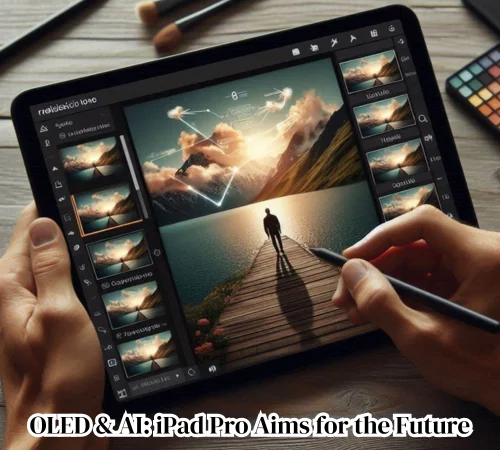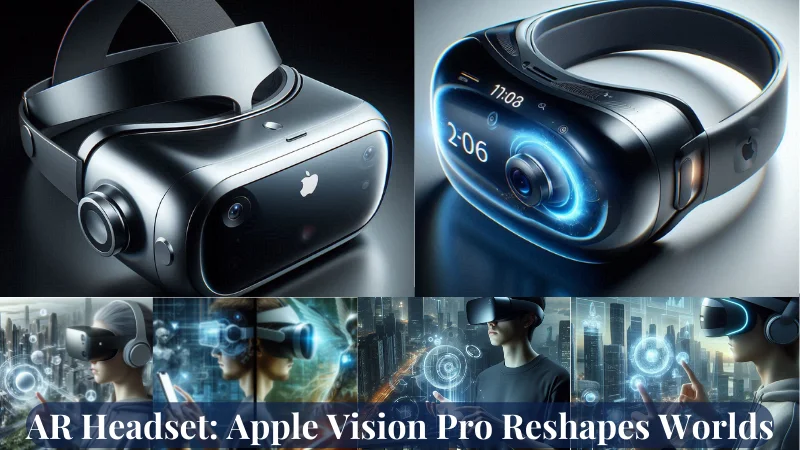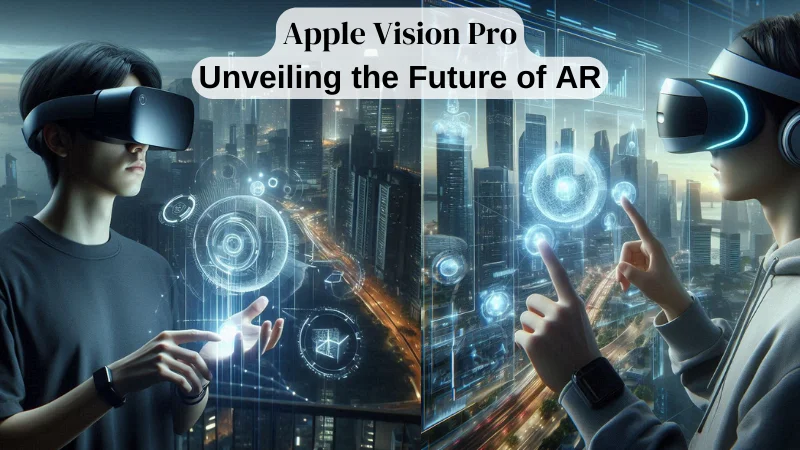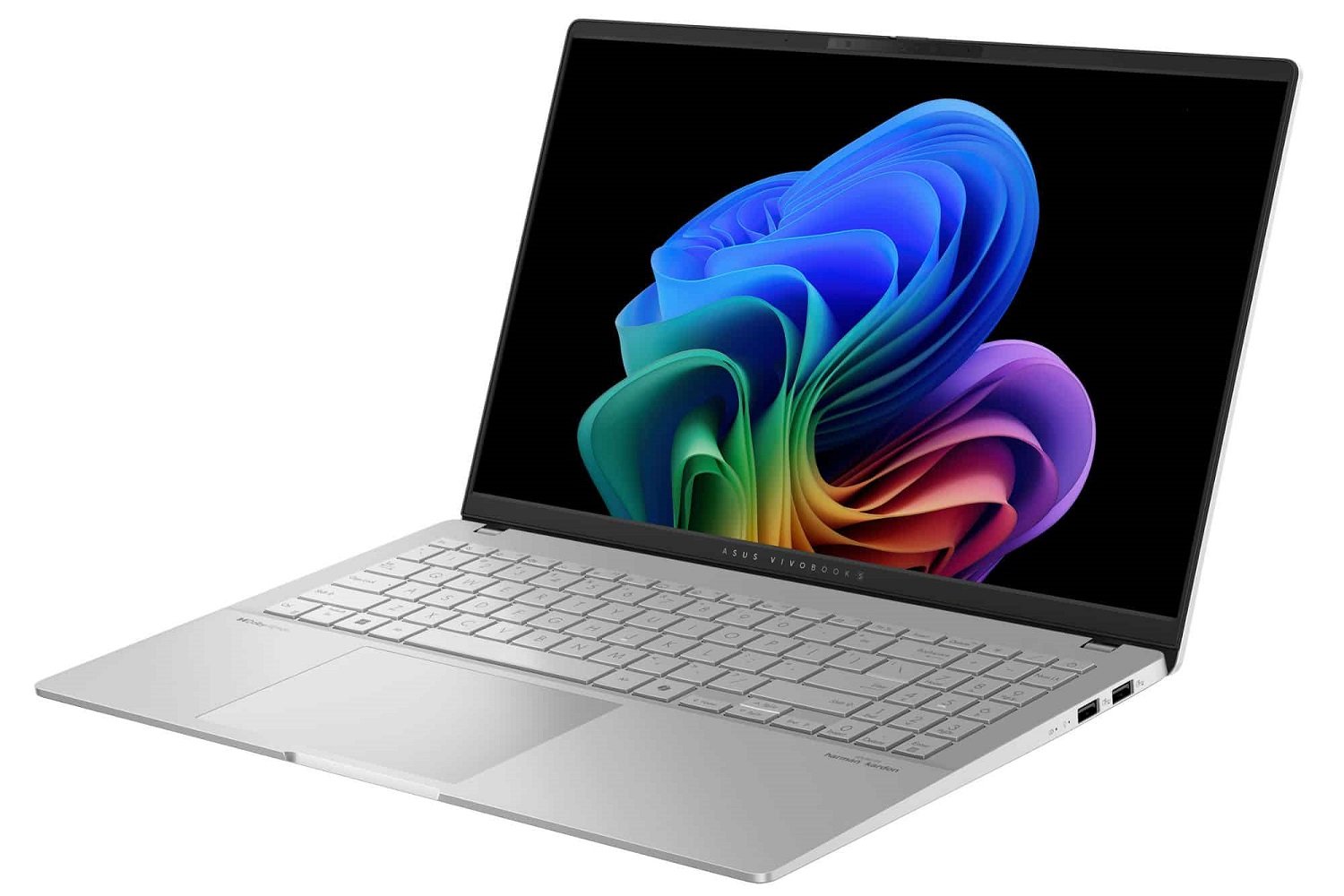
Apple’s launch of the Vision Pro device bears resemblance to the debut of the Apple Watch, particularly in terms of marketing approach. Apple has aimed to differentiate the Vision Pro from existing virtual reality and mixed reality devices by emphasizing the concept of “spatial computing.” However, the marketing strategy seems to focus on a few key use cases that are expected to drive consumer interest.
Similar to the Apple Watch, which initially struggled to define its purpose, Apple has concentrated on features that have been later phased out, such as Digital Touch, which aimed to enable quick communication over distances. Over time, the Apple Watch has evolved technically, but Apple’s marketing efforts have become more focused on areas like health, wellness, and safety, which resonate well with users.
While all new product launches involve some level of hypothesis, the iPhone had a clearer understanding of its future potential and user appeal compared to the Apple Watch. The Vision Pro, in its current state, appears further removed from how and why people will come to appreciate it. To succeed, the Vision Pro might need a different approach, positioning itself as a specialized device rather than aiming to be on par with the iPhone, Mac, or iPad.
In contrast, Meta (formerly Facebook Reality Labs) has done a better job of finding a focus for selling virtual reality to the masses. With the Meta Quest 3, they adopted a softer approach, highlighting the cool aspects of mixed reality instead of forcefully promoting the metaverse concept as they did with the Quest 2. Meta’s CEO, Mark Zuckerberg, seems to be shifting his attention to AI as the next big thing. This shift in positioning has likely helped Meta find a more suitable direction.
Meta and Apple have both recognized that certain devices excel in specific areas while faltering in others. The iPad, for example, is highly regarded as a content consumption device, particularly for couch-based activities. The Vision Pro, similarly, has received praise as a virtual theater for watching movies, but it has faced criticism for tasks like text input.
VR as a general-purpose computing platform has often been driven by an imagined future depicted in sci-fi, disregarding practical considerations such as comfort and usability. VR excels in providing immersive experiences but falls short in areas like personal computing or mobile applications.
In conclusion, while the Vision Pro has the potential to be successful if positioned correctly, it may need to focus on its unique strengths rather than attempting to be a comprehensive platform. Meanwhile, Meta has taken a more tailored approach with the Meta Quest 3, acknowledging the device’s limitations while capitalizing on its strengths for specific use cases.






